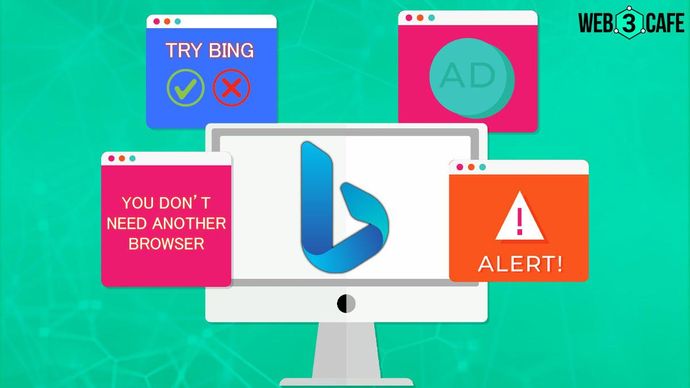Microsoft's intrusive pop-ups on Windows 11 frustrates users, suggests Edge as the ‘better’ option against Chrome
Windows 11 users frustrated by invasive Microsoft pop-ups promoting Bing and Edge. Backlash emphasises the need to balance promotions with user experience.

Highlights
- Microsoft's aggressive pop-ups, resembling malware, irk users by promoting Bing and Edge over Google and Chrome
- Microsoft's history of invasive prompts and involuntary tactics to switch browsers triggers user backlash, highlighting a disregard for preferences
- The clash between Microsoft's aggressive promotions and user autonomy underscores the need for a respectful approach that prioritises seamless productivity on Windows 11
The recent surge of pop-ups from Microsoft targeting Windows 11 users has left many baffled and annoyed according to reports. While Microsoft might have legal grounds covered in its license agreements, users are expressing discontent over the invasive nature of these pop-ups.
This strategy, aimed at promoting Bing and Edge over Google and Chrome, isn't new, and users are growing increasingly frustrated with Microsoft's persistent attempts.
Unwelcomed intrusion
Windows 11 users have found themselves bombarded with pop-ups that resemble malware more than official notifications.
Many Reddit users have been discussing these intrusive messages for months, with some even mistaking them for malicious software. Microsoft's tactics of leveraging users' PC usage data to push Bing pop-ups, particularly to Chrome users, have raised concerns about user consent and privacy.
A history of persistence
This isn't the first time Microsoft has employed such tactics. The company has been employing various prompts to sway users away from Google and Chrome towards Bing and Edge for years. These efforts have taken various forms, from pop-ups within Chrome to messages on the Windows taskbar.
Microsoft has even gone as far as coercing users into Edge after Windows Updates and using full-screen messages to promote Bing and Edge.
Microsoft's invasive strategies
Recent instances involve Microsoft's attempts to dominate Chrome searches by providing Bing-generated responses, often masquerading as interactions with its GPT-4-powered chatbot. Such aggressive strategies encroach on users' autonomy and experience, taking over search results and pushing them towards Edge and Bing.
User backlash & hope for change
Microsoft's approach is met with backlash whenever it experiments with these tactics on a subset of users. The company then adjusts its approach in response to the outcry, only to try another method later.
Despite the frustration, some argue that Microsoft has the right to promote its services on its operating system and browser, but the incessant and invasive nature of these efforts disregards users' experience and autonomy.
In short, the recurrent emergence of unwanted pop-ups from Microsoft on Windows 11 has ignited frustration among users. The clash between Microsoft's promotional endeavours and users' desire for an uninterrupted experience highlights the need for a more considerate approach.
While the company's intent might be to sway users, it's essential to find a balance that respects user choice and the productive use of Windows.
